This website uses cookies so that we can provide you with the best user experience possible. Cookie information is stored in your browser and performs functions such as recognising you when you return to our website and helping our team to understand which sections of the website you find most interesting and useful.
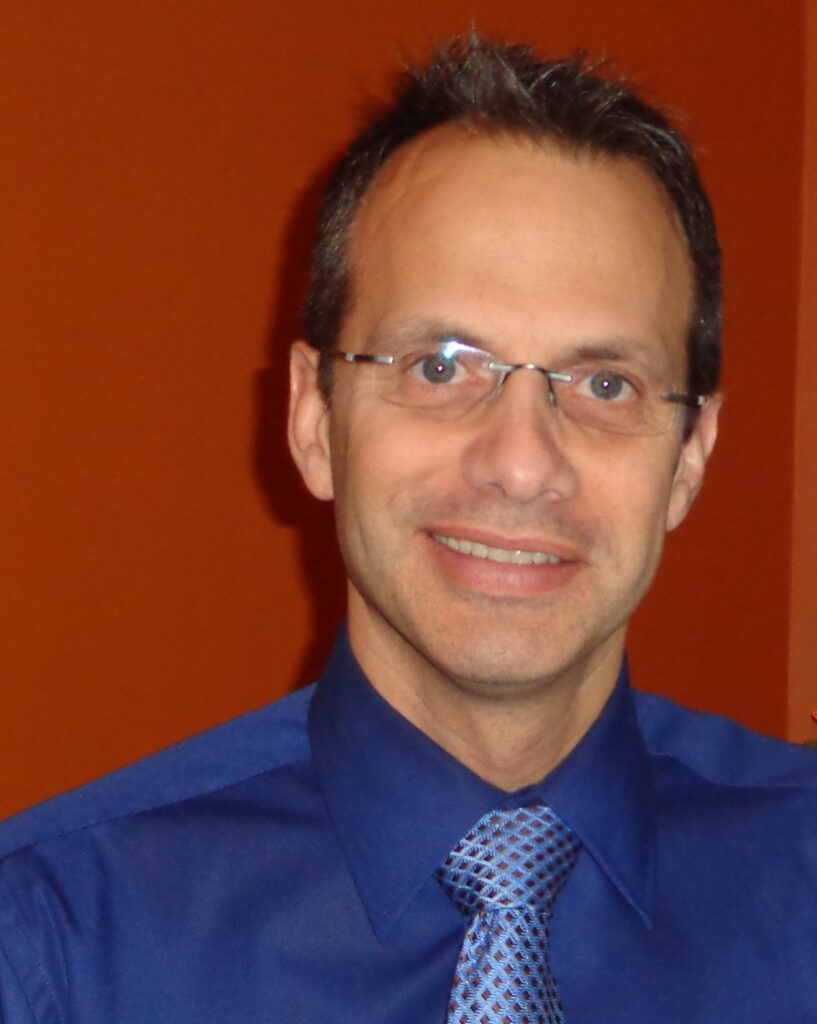
André Châteauvert
Host of the workshop – Canadian Coast Guard
Mr. André Châteauvert is the Canadian representative on the IALA Council since 2018. He is currently the national manager of Shore Electronics of the Canadian Coast Guard. Together with his team, he is the technical authority for radio communication, radar and DGPS infrastructures. Mr. Châteauvert began his career with the Canadian Coast Guard in 1992 as a junior engineer within the aids to navigation engineering group. In 2000, he became the national manager, aids to navigation and led the program modernization initiative. In 2008, André joined the Waterways Management program and in 2012, he became the National Manager of Marine Navigation Strategies. Since his beginning, Mr. Châteauvert has always been looking at ways to improve the service provided to mariners. Along these objectives, his past work includes the solarisation of seasonal buoys, the 5-year buoy project, the aids to navigation of 21st Century project and e-Navigation. André holds a Bachelor’s degree in mechanical engineering from Laval University, Québec City and is a registered engineer. Mr. Châteauvert has been involved with IALA since 2001.
Phillip Day
Chair of the workshop – Northern Lighthouse Board
Phillip is Director of Operations at the Northern Lighthouse Board where he has worked since December 2007. He is responsible for lighthouse engineering and operations, navigational requirements, all NLB buoyage, the safe operations of the NLB’s vessels, contract helicopter and operations support base. He has been involved with IALA since 2007 and has been Chair of the Aids to Navigation Management committee since 2010 renamed from 2014 as AtoN Requirements and Management (ARM) committee. Along with the other Chairs and Vice chairs he is also a member of the Policy Advisory Panel. A Master Mariner he spent 18 years in the Merchant Navy reaching the rank of Captain. Coming ashore in 2004 he worked at a Marine Terminal as Team Leader before becoming a Director with NLB. Phillip is a trustee of the Scottish Nautical Welfare Society and a member of the Corporation of the Trinity House of Leith.

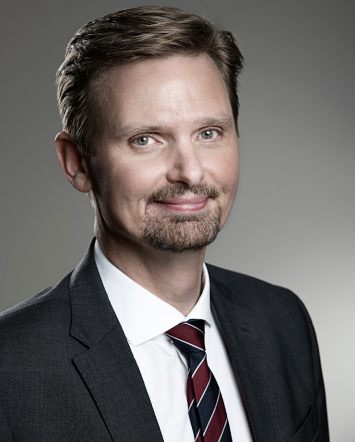
Jakob Paaske Larsen
Cyber Security in BIMCO, Head of Maritime Safety & Security
Jakob P. Larsen is the Head of Maritime Safety & Security at BIMCO – the World’s largest association of shipowners with more than 2,100 members globally. Within the scope of his team are all matters related to maritime safety and security, including cyber security. Jakob’s career began in 1990 in the Danish Navy, where he pursued a seagoing career as navigator and surface warfare officer. Having served in the fleet and subsequently ashore in the Ministry of Defence, Jakob left the Danish Navy in 2010 with the rank Commander to become Maritime Security Officer in BIMCO. After three successful years in BIMCO, he changed over to Nordic Tankers where he expanded his responsibilities over time to become Head of HSSEQ. In 2015
Jakob went to Maersk Line to become Global Security & Marine QA Manager. In parallel with his tenure at Maersk Line Jakob was elected and served two full terms as Chairman of the Security Working Group of the European Community Shipowners’ Associations (ECSA). In 2018, Jakob returned to BIMCO, this time to head the Maritime Safety & Security
department. Jakob holds a number of formal qualifications including as Master Mariner, Principal Warfare Officer, Joint Command & Staff Course graduate, Company Security Officer/Ship Security Officer, and ISO 9001 lead auditor.
Referencing the 4th version of the Guidelines On Cyber Security On Board Ships, BIMCO’s Jakob P. Larsen will discuss the cyber risk management concept in the guidelines. Elaborating on the concept of threat as opposed to risk, Jakob P. Larsen will discuss why ships have so far not seen cyber-related incidents leading to damage to persons, assets, or the environment, yet why this should not be allowed to become a source of complacency maritime industry.
Jonathan Pritchard
Cyber Security in other bodies – IHO
Jonathan Pritchard has over twenty years experience in the hydrographic community with over thirty years in the technology industries. Formerly with the United Kingdom Hydrographic Office, he is employed as a senior technical consultant by IIC Technologies working with a large number of international, mainly governmental clients. He is a previous IHO working group chair for the data security working group and led the creation of Part 15 of the IHO’s S-100 framework, dealing with data security and integrity. He is currently engaged in updating S-100 Part 15 to modernise its content and broaden its application outside purely navigational purposes.
A presentation on the history of data protection and data integrity standards within the hydrographic and digital navigation domain. The presentation will deal with the formation of the IHO’s data protection scheme, its structure, protocols and capabilities and how it has been enhanced for the publication of IHO S-100.
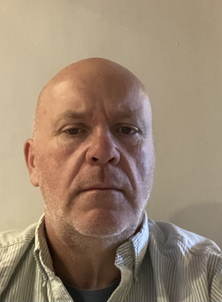
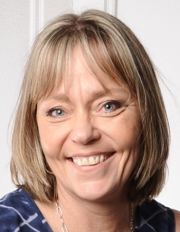
Monica Sundklev
Session Chair – Swedish Transport Agency
Monica Sundklev is working as a senior adviser at the Swedish Transport Agency with responsibilities to develop, coordinate and regulate various fields of maritime traffic including ship reporting and VTS. She is also deputy head of the Ship Traffic Section. She has a former career as a Radio and Communication Management Officer in the Swedish Royal Navy where she served for 12 years. She has also worked as a nautical adviser at the Swedish Maritime Administration and as a National Expert in Professional Training at the European Maritime Safety Agency (EMSA) in Lisbon, Portugal. Monica has experience from several international arenas beside IALA e.g. IMO, EU and HELCOM. She has participated in the IALA VTS Committee since 2003 and has been both Chair as well as Vice-Chair in several VTS Working Groups before she was elected Chair of the VTS Committee in 2018.
José M. Fernandez
Cyber security in maritime domain
Cyber Security Risk Management in the maritime domain including the human element – Academic Montreal
Dr. José M. Fernandez, completed his Ph.D. in Computer Science at the Université de Montréal in 2004. He obtained a M.A.Sc. in Computer Science from the University of Toronto in 1993 and two B.Sc. in Mathematics and in Computer Engineering from MIT in 1991. Dr. Fernandez is an internationally recognized cyber security expert. A professor at Polytechnique Montreal from 2004 to 2021, he was the chairholder of the NSERC/Desjardins/National Bank of Canada Industrial Research Chair in Cybersecurity. He was the head of the Information Systems Security lab, a high-security research facility where he conducted research on a wide variety of topics ranging in cybersecurity, with particular emphasis on cybersecurity of critical infrastructure in several domains including maritime, aviation, electrical networks and road traffic control, with industrial partners such as the Royal Canadian Navy, Davie Shipyards, Neptune, Bombardier, Collins Aerospace, IATA, etc. He has authored over 80 scientific publications in cybersecurity in top-level scientific conferences and journals, and has trained over 100 highly qualified personnel in cybersecurity at the Master’s and Ph.D. level, many of whom have become leaders in the Canadian and European cybersecurity industry. He has given over 150 interviews in the Canadian and International written press and broadcast media, in French, English and Spanish, on topics related to computer security, cybercrime, cyber espionage, cyber conflicts and warfare, digital public health, and aviation security.
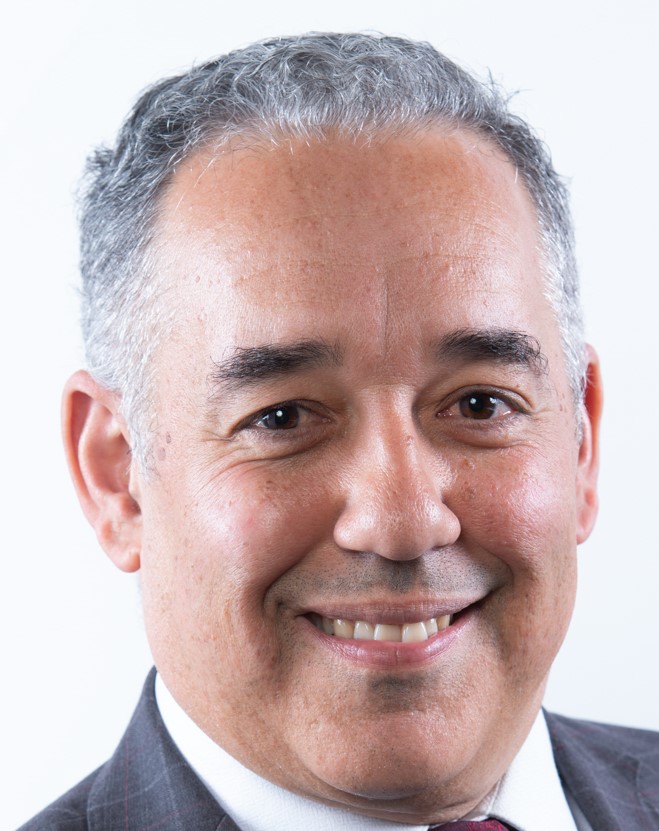
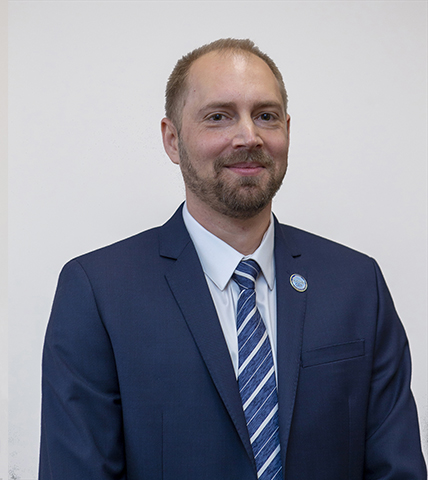
Jens Ohle
Cyber security for AtoN – Sealite
Jens Ohle has been involved in the telecommunications, ITC and defence industries over the past 20 years and has a strong focus on driving innovation, discipline and process. Jens’ engineering career was launched at Telkom South Africa. His early success in developing efficient processes and automation quickly earned him Engineering Specialist status, with key successes in Business Automation and effective time use. After undertaking various roles in the telecommunications industry, Jens made the jump to the IT industry, where he was an ITC Manager. He enjoyed a successful career utilising his early work in Telecommunications to spearhead the automation of Water Management and Irrigation Systems over vast geographic regions. This success led him to work within a global securities company leading a team of talented system integration engineers. Today, he is Sealite’s Engineering Manager, responsible for managing the developments of Sealite’s extensive range of Marine Aids to Navigation products. Jens holds a Master’s Degree in Electrical Engineering, is a Chartered Professional Engineer (CPEng) and is an INCOSE Certified Systems Engineering Professional (CSEP).
Developments in connectivity over the past decade have accelerated to the point where traditional closed-loop operational networks have converged with information technology networks. Due to this, operational technology networks have been opened to vulnerabilities by the accessibility of information technology networks and digital devices. This presentation covers the background of these developments and highlights the risk to AtoN provisioning and methods of providing a stable platform for monitoring AtoN’s.
Alan Jacobsen
Preventive measures to ensure Cyber Resilience – German Waterways and Shipping Agency
Alan started his career in the Federal Armed Forces in 2003. As an IT-Officer in the signal troop he studied Electrical Engineering at the University of the Federal Armed Forces in Hamburg and received his diploma (Dipl.-Ing.) in 2010. Since 2012 he worked for the Federal Waterways and Shipping Agency in Germany in position of the IT-Security Officer for the Maritime Traffic Technology System (SMV). There he is also responsible for the VTS-Centres as a part of critical infrastructures in the case of the German IT-Security Act. During this time he graduated with a master degree in Business Administration (MBA) in 2014 where he dealt intensively with the topic of Business Continuity Management. Since 2020 he has been the leading Information Security Officer for the traffic technology in the maritime domain as well as in inland waterways and since 2021, he is head of the department principles of traffic technology, where the ISMS is organizationally located.
Alan started his career in the Federal Armed Forces in 2003. As an IT-Officer in the signal troop he studied Electrical Engineering at the University of the Federal Armed Forces in Hamburg and received his diploma (Dipl.-Ing.) in 2010. Since 2012 he worked for the Federal Waterways and Shipping Agency in Germany in position of the IT-Security Officer for the Maritime Traffic Technology System (SMV). There he is also responsible for the VTS-Centres as a part of critical infrastructures in the case of the German IT-Security Act. During this time he graduated with a master degree in Business Administration (MBA) in 2014 where he dealt intensively with the topic of Business Continuity Management. Since 2020 he has been the leading Information Security Officer for the traffic technology in the maritime domain as well as in inland waterways and since 2021, he is head of the department principles of traffic technology, where the ISMS is organizationally located.
The presentation focuses on the organizational view and illuminates the security process using the example of the Federal Waterways and Shipping Administration Germany. It will be shown how the ISMS can be integrated into the normal business processes in the administration and how the security management can work together with the specialist departments. The processes for identifying and implementing security requirements are briefly presented using the following examples:
- First planning of new applications or systems
- Transition to full operational capability
- Audits and tests
- Handling of security incidents
- Raising employee awareness
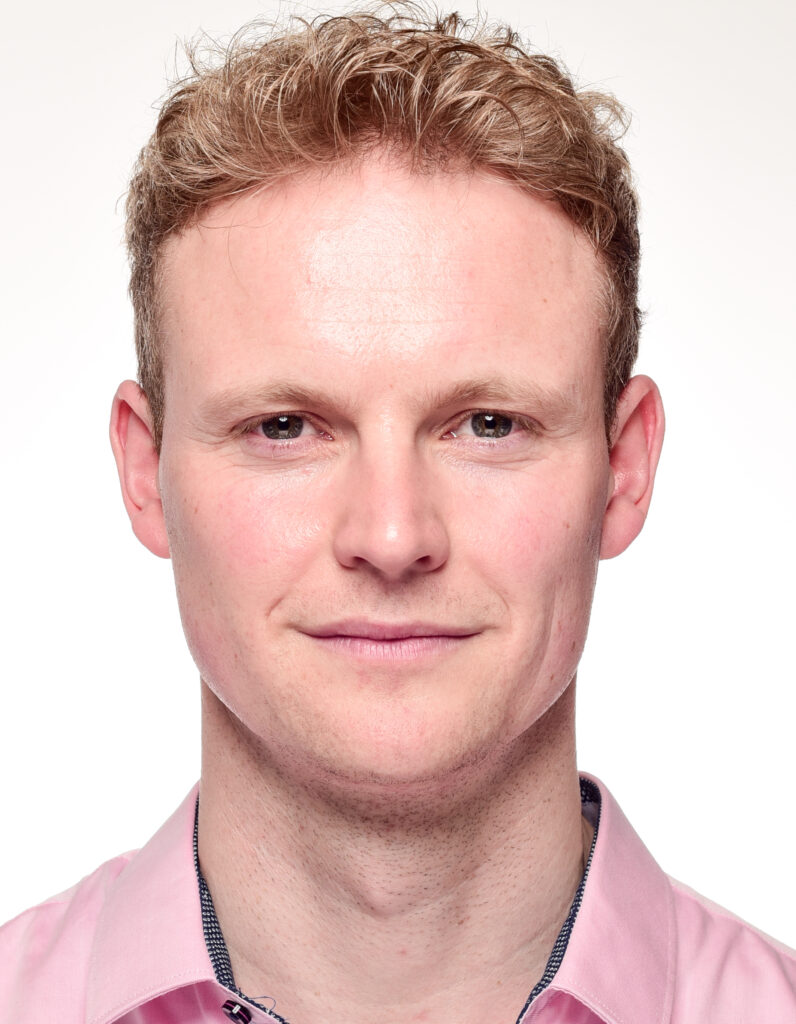
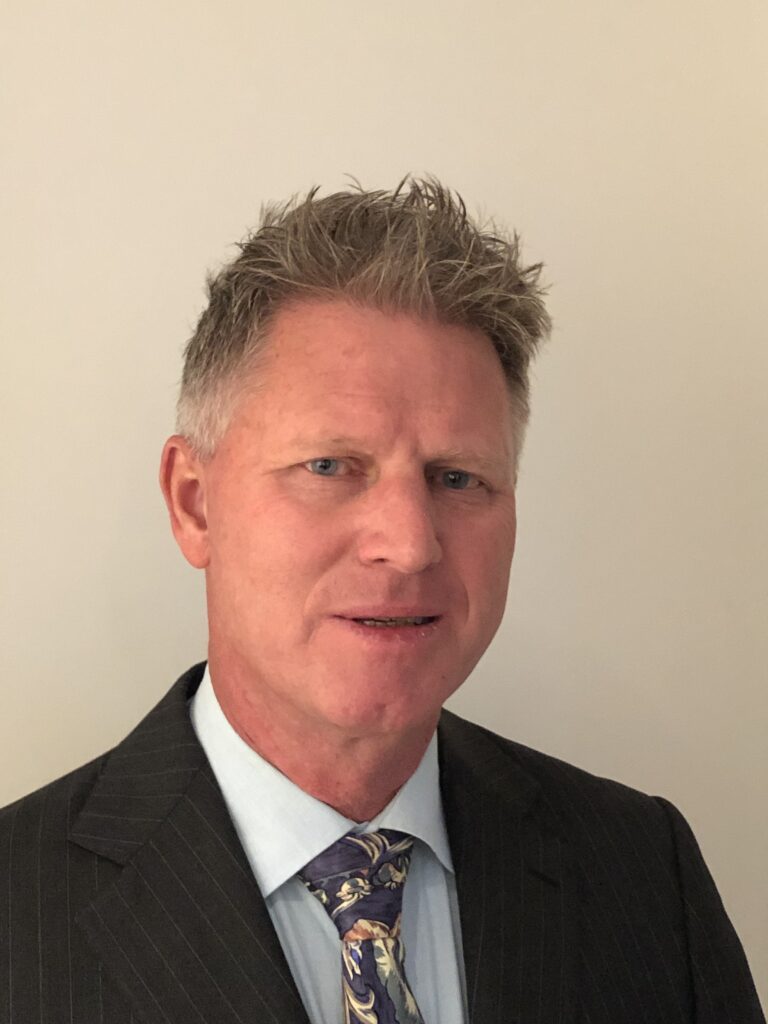
Rene Hogendoorn
Working Group Chair – Saab Technologies
Rene started his career at the Dutch National Aerospace Laboratory working on satellite communications, data compression, encryption, and multi-sensor data processing and tracking. He was responsible for the design and realisation of the EUROCONTROL ARTAS aircraft surveillance tracker. In 2001, he joined HITT, now Saab Technologies, where he became involved in the maritime domain. Particular interests are VTS architecture and sensor data processing. Rene is a member of the IALA VTS Committee since 2003 where he chaired the Technical WG for some years. He also participated in the ENAV Committee.
Ernest Batty
Cyber security for VTS – IMIS Global
Ernest Batty one of the founding members of IMIS Global that for the last 20 years has focused on Maritime Information Systems. Ernie serves as the Technical Director in IMIS and is the architect of MariWeb, their flag ship product. After completing his technical training in Transnet in South Africa that focus on radio-based train management systems, Ernie completed an MDP at University of South Africa and a CIM with Oxford Brookes University in the United Kingdom. Ernie attended his first IALA meeting in 1995 as an employee of Marine Data Systems and is still an active IALA member representing IMIS Global based in the United Kingdom.
Computer Viruses were discussed by John von Neumann in the late 1940s. For more than 60 years computer viruses have been known about. Cyber Security now must now deal with internal and external security factors that are sometimes unintentional and sometimes intentional. The number of attack vectors are increasing and the attack surface in the VTS domain is becoming larger and more complex as each year passes. VTS systems started off with a radar and VHF radio as the initial tools. VTS systems are now complex systems using the latest Cloud Native technologies. The next generation of VTS systems are considering multi-tenant Cloud platforms with Artificial Intelligence enabled Decision Support Tools. In this complex environment Cyber Security frameworks need to be used to mitigate the growing Cyber Security threat. Several simple steps gets us on our way.
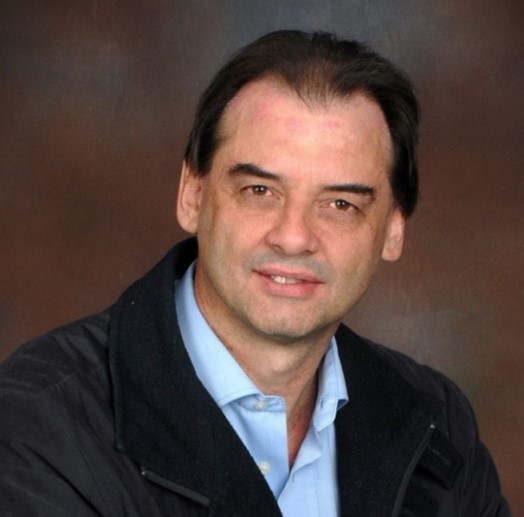
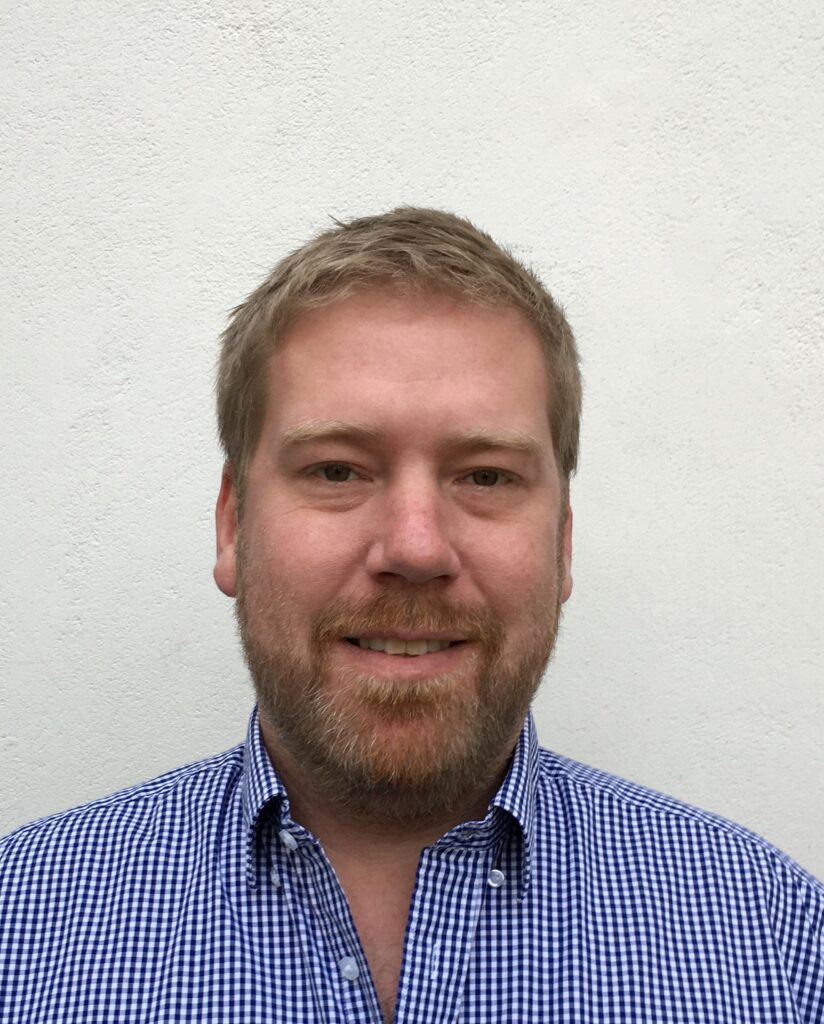
Martijn Ebben
Cyber incident response and recovery – Port of Rotterdam
Martijn Ebben is Cyber Security and Risk officer focussing in VTS Cyber Security for the Port of Rotterdam. He is part of a team of Security Officers that all have a specific business focus. He is responsible for policy, enforcement and implementation of the cyber security strategy and is involved in all projects and day-to-day operational management of the VTS systems. Martijn has a background in system and security engineering and networking and has been working in the port for over 5 years after holding several positions in a network security service company. He is a GIAC Certified Incident Handler and a contributing member in the ARM and ENAV IALA technical committees.
Hope for the best and prepare for the worst. No matter how well you protect against cyber incidents and cybercrime, it is possible, even likely, that a disrupting incident will occur one day. We should all be prepared for this, as well as have alterative ways of working available to bridge the recovery period. This presentation offers an overview of common best practices for cyber incident handling and business continuity for VTS and AtoN operation.
Jillian Carson-Jackson
Working group Chair – Nautical Institute
Commenced her career in the Canadian Coast Guard, graduating from the Canadian Coast Guard College as a navigation officer. With over three decades in the industry, Jillian has worked both afloat and ashore in the CCG, including 10 years as an instructor at the CCGC. Following an active role at IALA in the development of VTS Training, she moved to France to work with IALA as Technical Coordination Manager. She then moved to Australia to work with the Australian Maritime Safety Authority (AMSA) as Manager of Vessel Traffic and Pilotage Services. In 2016 Jillian left AMSA to set up her own consultancy, focusing on maritime technical advice and education. In May 2020 Jillian was appointed a Director of GlobalMET. Jillian is currently the President of The Nautical Institute and a Director of GlobalMET and represents The Nautical Institute at IALA as chair of the Emerging Digital Technologies Working Group (ENAV Committee) and the Personnel and Training Working Group (VTS Com


Philip Lane
Working group Chair – CIRM
Philip Lane has been Technical Officer for CIRM since March 2017, and in that role, he represents CIRM members in matters relating to bridge navigation systems and maritime communications at IMO, ITU, IEC, ETSI and MED meetings. He also chairs CIRM working groups on maritime cyber security, radio communications and type approval. Philip previously worked for Pole Star Space Applications Ltd (a ship tracking service provider) as a Hardware Development Engineer and Project Manager. Previous roles include Earth Station Engineer at Satellite Media Services, Communications Network Supervisor at the UK Post Office, and a Test Technician for submarine fibre optic communications systems at STC.
Dirk Eckhoff
Working group Chair – German Waterways and Shipping Agency
After graduation from the University of Braunschweig with diploma (eq. MSc) in electronics /control systems, Dirk started his career in 1989 as a project engineer at the German Space Operations Centre, where he conducted many radar tracking operations of sounding rockets around the world. In the year 2000, Dirk found new profession at Federal Waterways and Agency Germany. His task in the Marine Traffic Technology and Telematics Division was the development one coastal-wide VTS system (eq. CSSA) to support 9 VTS-centres at the German coast. The focus was on the harmonization and implementation of human machine interfaces for the VTS operators. Two years later Dirk participated in the IALA VTS Committee in the technology working group for the first time and in 2018 became the vice-chair of IALA VTS Committee. Since summer 2021 Dirk is the Head of the Marine Traffic Technology Division.


Axel Hahn
Cyber security for e-Navigation platforms
Prof. Dr.-Ing. Axel Hahn is the acting director of the DLR Institute of Systems Engineering for Future Mobility which was founded in June 2020. He is also head of the department of System Analysis and Optimization at the Carl von Ossietzky University Oldenburg. Furthermore, he is a member of the board of directors at the Institute for Information Technology OFFIS. Mr Hahn is a founding member of the Maritime Connectivity Platform Consortium and leading the WG on “Data Exchange and Harmonization” at IALA. After completing his doctorate at the University of Paderborn, he worked from 1997 until 2002 as head of development for product information systems and member of the management board at UNITY AG and myview Technologies in Bueren, Germany. Axel coordinates the research activities of maritime transportation systems. His research activities focus on design, simulation and analysis of reliable and sustainable IT architectures for maritime transport systems as safety-critical socio-technical systems.

